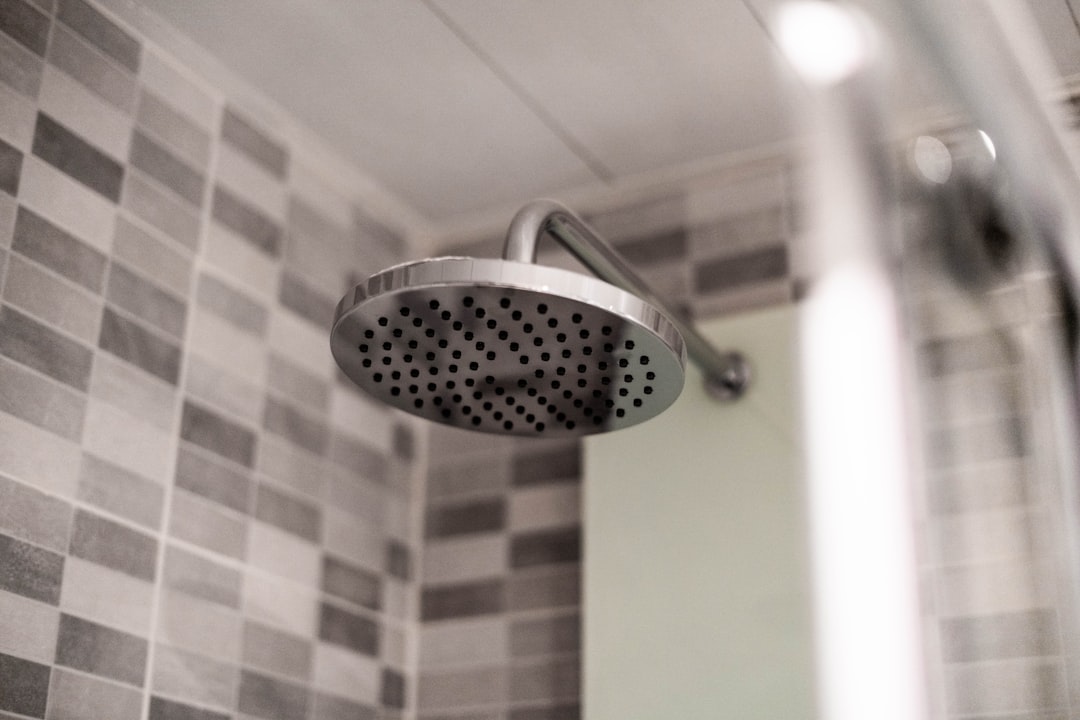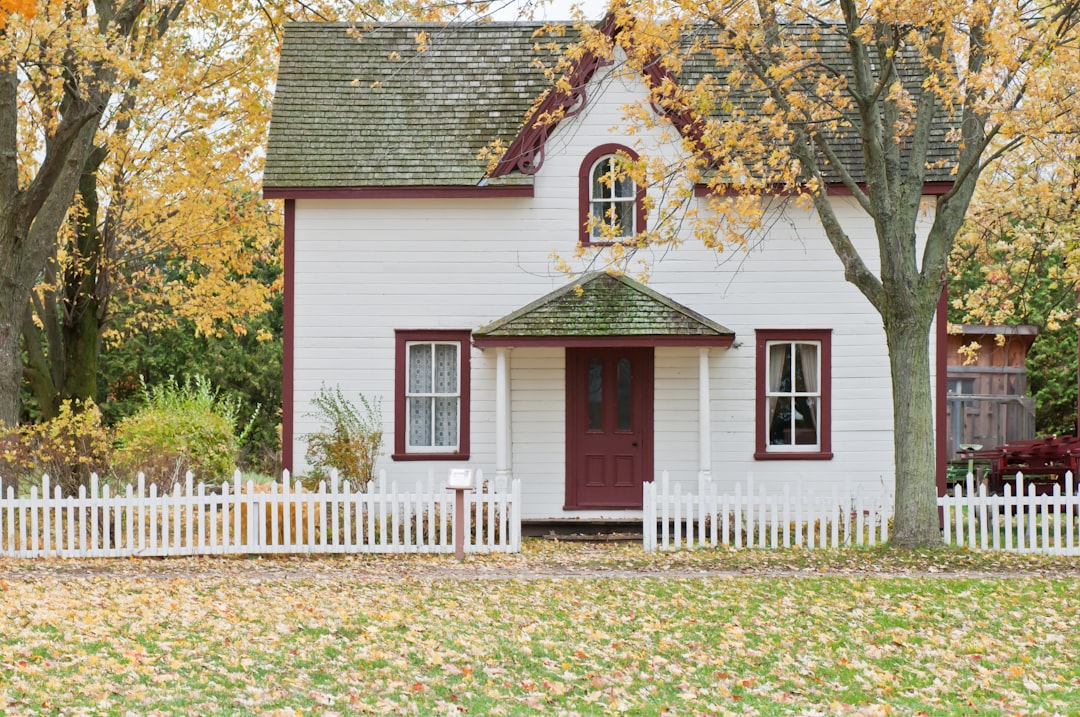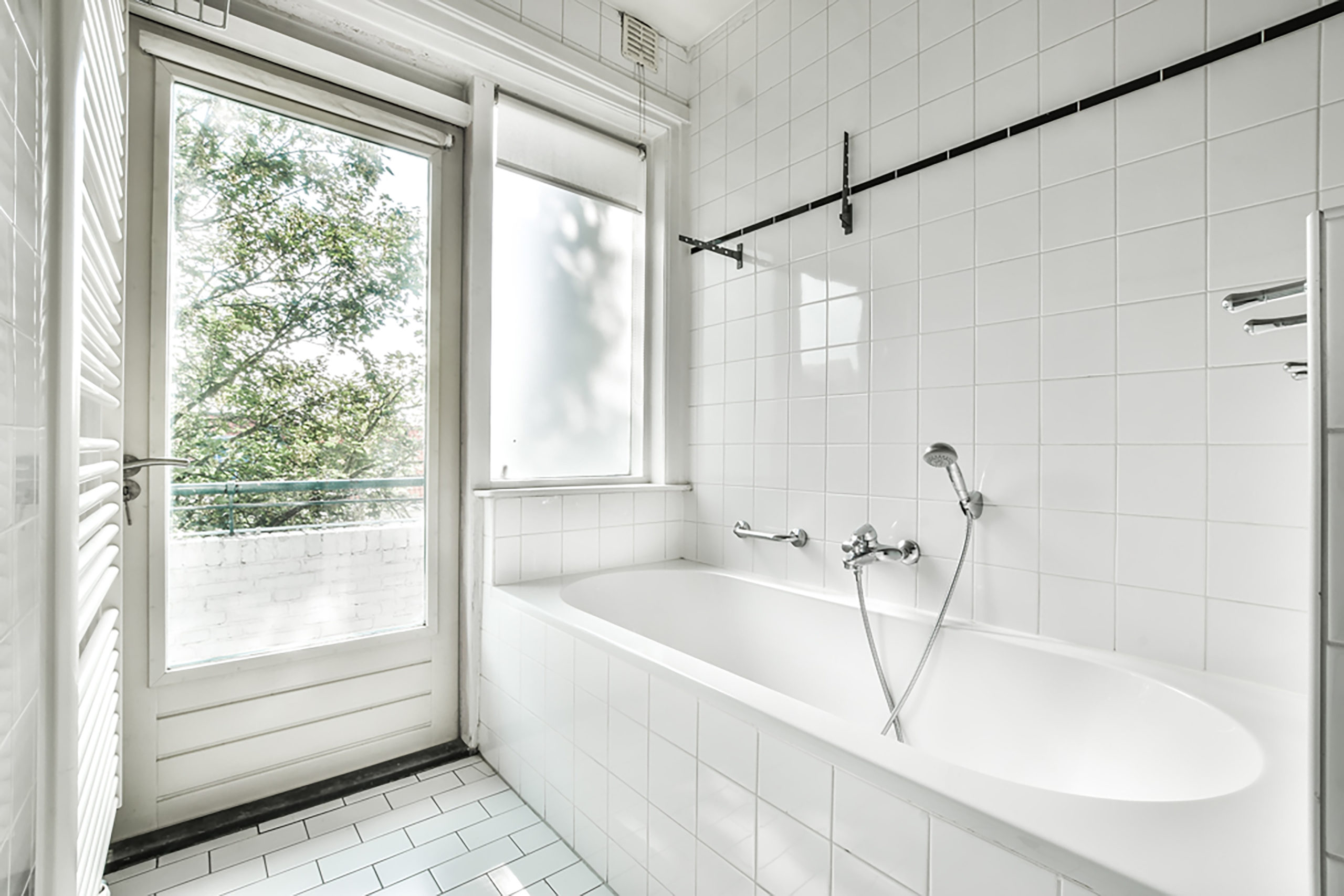Showering can be a dangerous activity for those with injuries or chronic health conditions. Falls and fatigue are common risks, so it is important to take precautions. In some cases, it may actually be worth it to invest in home improvements or bathroom remodeling to ensure you have a safe place to shower. There are a number of resources available to help you understand what you can do to protect yourself and how to find the professional assistance you need handle any necessary home repairs or renovations. If you’re not sure where to start, keep reading for a basic guide to shower safety for injuries and chronic health conditions.
What should you know about shower safety for injuries and chronic conditions?

Recovering from an injury for a short period of time may not require any structural changes to your home, but if you have a long-term injury or a chronic condition, you might want to think about remodeling your bathroom. If you need a replacement shower, you can talk to your contractor about safety features like a shower bench, grab bars, and shower doors that are easy to open and close. Most quality contractors have experience working with homeowners that need to address accessibility needs, so they’ll be able to help you come up with a workable design plan for your space.
Different injuries and health conditions may require different modifications when you’re in the shower. For example, if you have a heart condition, avoid being in a hot shower for too long, as this can increase your heart rate. If slipping and falling is a concern, you should purchase a shower bench or stool so you don’t have to stay on your feet the entire time. You should always have a nonslip mat on your bathroom floor when you enter or exit the shower. Handheld shower heads can be used to clean hard to reach areas without contorting yourself into an awkward or unsafe position.
Most people take showers without incident, but falls and injuries can occur. If you fall or injure yourself in the shower, seek treatment right away. If you have a doctor that you use for family medicine services, you can call them and ask whether or not they think you should go to an urgent care facility or emergency room. You can also schedule a visit to come in for an exam, just to make sure that there’s nothing wrong.
How else can you make your home safer?

Making your home safe and accessible is important for everyone, but it’s even more so for those with injures and chronic health conditions. There are many home modifications that are available, and many of them are more affordable than you think, but one of the simplest things you can do is ensure that your home is clutter-free. Clutter can be a safety hazard, and it can also make it harder for people with disabilities to move around. Make sure that all of your furniture and belongings are stored away properly. It’s not a bad idea to have some family members over, order a pizza, and engage in some deep cleaning to get organized.
Another important thing to consider is your home’s layout. There should be plenty of open spaces and all of your rooms need to be easy to access. If you have to climb stairs to get to certain parts of your home, you may eventually need a ramp or a lift depending on the nature of your condition. Creating an accessible, safe, and clean space for yourself is an essential step if your goal is to stay independent and relatively comfortable, even when you aren’t feeling your best. Many people with chronic conditions opt to move to ranch style or single-level homes, so that stairs won’t be required.
If you’re living with an injury or a chronic health condition, you’re probably already aware of the fact that you need to go out of your way to take extra precautions in the shower. Additions like anti-slip mats, grab bars, and shower benches can improve your safety and your quality of life, so they’re usually a smart investment for anyone who will need them on an ongoing basis. Clutter can be a hazard for anyone with mobility impairment or a health condition, so don’t forget to practice good indoor hygiene. No matter what choices you make about your living situation, what matters is that you prioritize your specific health needs at home.

